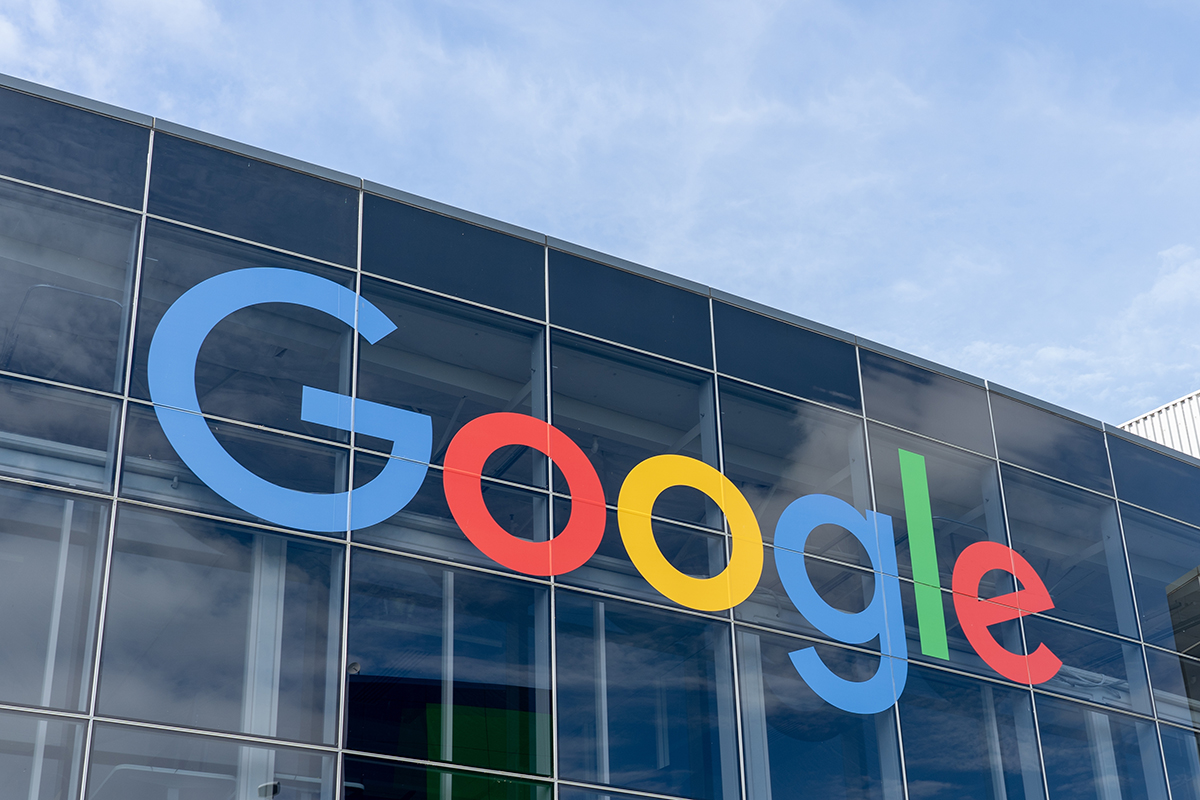In response to widespread criticism over inaccurate search summaries generated by its artificial intelligence systems, Google has swiftly taken action. The tech giant has rolled out a series of technical upgrades aimed at improving the precision and dependability of its search engine, following the circulation of misleading answers.
The revamped search engine, introduced in mid-May, prominently displays AI-generated summaries at the top of search results. However, shortly after its launch, social media platforms were flooded with screenshots showcasing bizarre and sometimes risky responses, prompting intense scrutiny.
While Google has defended the overall accuracy of its AI summaries, acknowledging occasional anomalies, the company has proactively addressed the situation. Over a dozen technical enhancements have been implemented, tackling issues such as misinterpretation of queries and the inclusion of misleading user-generated content.
One notable incident involved a search query about edible mushrooms, where Google provided a summary lacking crucial safety information. Similarly, the search engine propagated a debunked conspiracy theory about a former U.S. president’s religion, underscoring the risks associated with misinformation in AI-generated content.
To combat these risks, Google has taken immediate action, including blocking harmful content dissemination and improving detection mechanisms for nonsensical queries. Furthermore, steps have been taken to reduce reliance on user-generated content, like social media posts, which can contain misleading information.
Despite these improvements, concerns linger among experts regarding potential biases and misinformation in AI-generated search summaries. Critics warn against fully relying on AI-driven results, stressing the importance of maintaining reliability and accuracy in Google’s primary function.
Google’s response has centered on refining its AI systems to provide authoritative answers based on top web results. While the company asserts that its summaries typically steer clear of hallucination or fabrication, occasional errors may stem from query misinterpretation or limited information.
In the face of ongoing scrutiny, Google remains committed to refining its AI-powered search engine, balancing innovation with the need for accuracy and reliability. The company aims to furnish users with timely, pertinent information while combatting misinformation and harmful content.
As debates surrounding the role of AI in search engines persist, stakeholders advocate for increased transparency and accountability in AI technology development and implementation. By addressing concerns and proactively enhancing its systems, Google endeavors to maintain its standing as a trusted information source in the digital era.
Google’s actions to rectify issues with AI-generated search summaries underscore its dedication to upholding the integrity of its search engine while embracing technological progress. As the digital landscape evolves, the challenge lies in striking a balance between innovation and accountability to ensure the delivery of reliable and accurate information worldwide.







